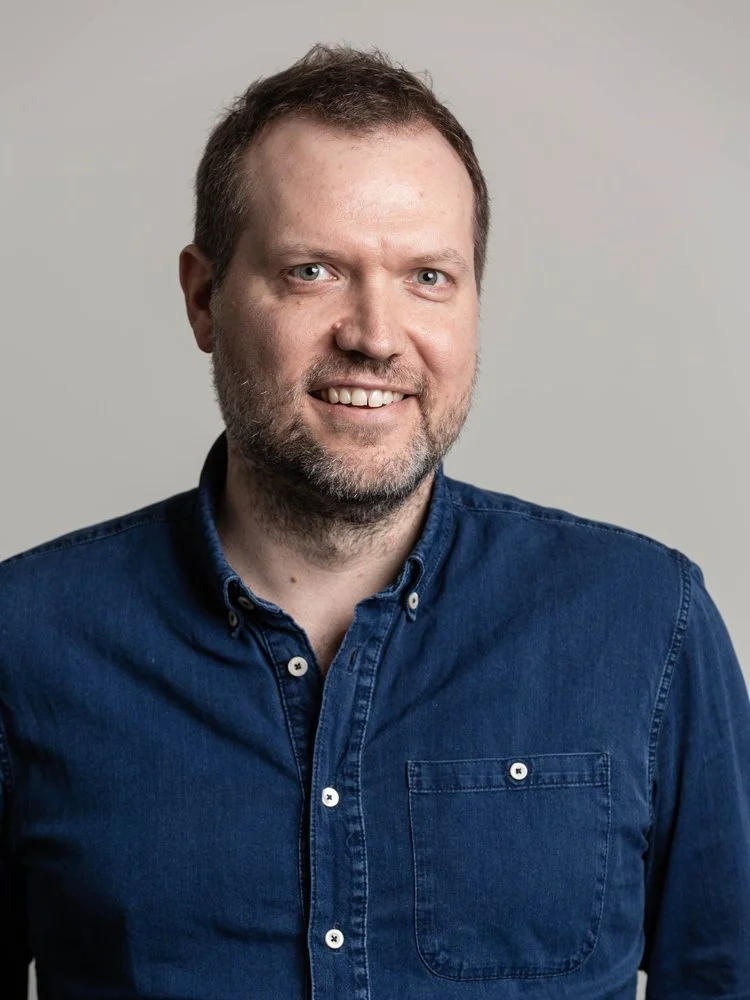About the APNRN
Welcome to the Australian Paediatric Neuropsychology Research Network (APNRN).
We are a community of students, clinicians and researchers committed to providing opportunities for professional development, education and networking to individuals with an interest in paediatric neuropsychology.
Our mission is to enhance the breadth and quality of paediatric neuropsychology research in Australia by:
Disseminating pertinent research
Facilitating networking and collaborative research
Providing training opportunities and mentorship
Associate Professor Jonathan Payne
Chair of the APNRN
Associate Professor Jonathan Payne is Co-Lead of Brain and Mind Research at the Murdoch Children’s Research Institute (MCRI), a senior neuropsychologist at the Royal Children’s Hospital, and an Honorary Principal Fellow in the Department of Paediatrics at the University of Melbourne. His research focuses on the interface between genomics, brain development, and behaviour, aiming to uncover how genetic variants drive differences in brain development that manifest as complex neurodevelopmental differences. By integrating neurobehavioural phenotyping, neuroimaging, and advanced in vitro modelling using patient-derived stem cells, his work supports clinical trials targeting precision-based treatments for children.
A/Prof Payne’s research centres on single-gene syndromes, with a special interest in the autosomal dominant condition, neurofibromatosis type 1 (NF1). He has published widely in leading journals across the fields of paediatrics, psychiatry, neuroscience, and neuropsychology.
His vision for neuropsychological research centres on multidisciplinary collaboration to move beyond traditional approaches, paving the way for innovative assessments and treatments that can transform well-being and long-term outcomes for children and families.
The Executive Committee
Alice Maier
Coordinator of the APNRN
Alice is a Clinical Neuropsychologist who holds positions across the Royal Children’s and Eastern Health Hospitals in Melbourne, Australia. She also maintains a research appointment at the Murdoch Children’s Research Institute. Her paediatric clinical work focuses on providing neuropsychological assessment and support to children with diverse presentations, including Autism, ADHD, and Specific Learning Disorders, with an interest in working with children with oncological and genetic diagnoses and disorders. Alice has a keen interest in teaching and mentoring and holds sessional academic positions with both the Australian Catholic and Monash Universities. Alice’s research primarily investigates the cognitive and neurodevelopmental outcomes of tumour predisposition conditions, including Neurofibromatosis Type 1. She is passionate about evidence-based practice and deeply values how her research and clinical experience mutually shape one another.
Previous Chairs of the APNRN
Professor Peter Anderson
Inaugural Chair of the APNRN
Dr Anderson is Professor of Paediatric Neuropsychology in the School of Psychological Sciences at Monash University. He is also Director of the Victorian Infant Brain Studies (VIBeS) team at the Murdoch Children’s Research Institute (MCRI), member of the Australian and New Zealand Neonatal Network (ANZNN) Follow-up Committee, and has been on the executive of the NHMRC Centre for Research Excellence in Newborn Medicine for the past 15 years.
Prof Anderson has published more than 400 scientific papers and book chapters, mostly in the leading publications in the fields of paediatrics, neuroscience and psychology. He was awarded the Early Career Award from the Australian Psychological Society (2006), the Erskine Fellowship (University of Canterbury, 2007), and the University of Melbourne CR Roper Fellow (2008 – 2010), and ranked as the top Australian researcher in the field of Paediatric Medicine by The Australian (2019).
His research focuses on the cognitive development of children, with a particular focus on children who experience an insult to the brain early in life. For over 20 years his research has focused on understanding the mechanisms underlying cognitive and learning problems in children born very preterm. He has had continual fellowship funding from the National Health & Medical Research Council (NHMRC) for the past 20 years.














